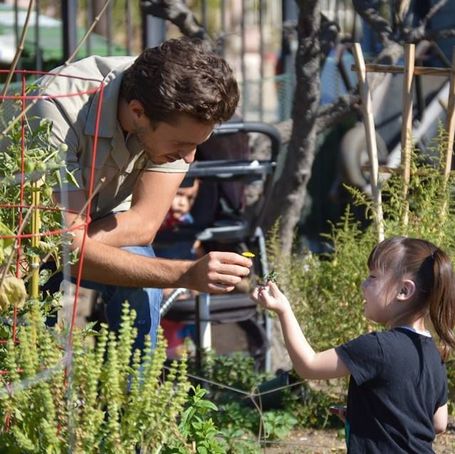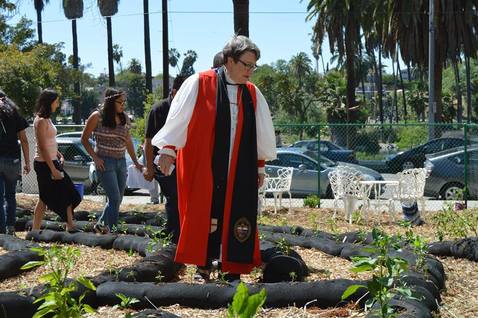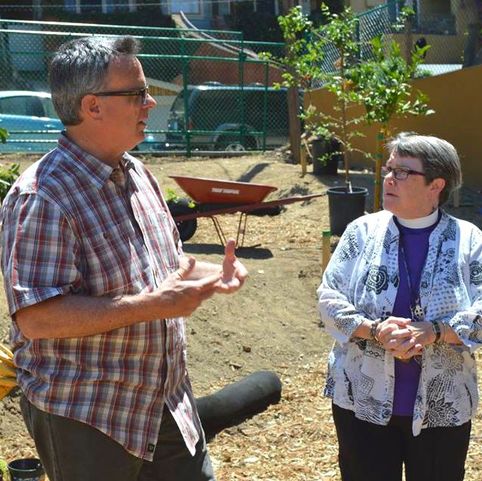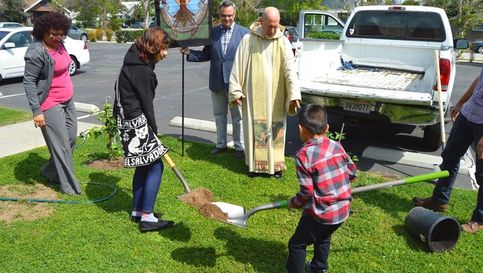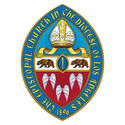Click to set custom HTML
Seeds of Hope is a ministry of the Episcopal Diocese of Los Angeles, founded in 2013 by the Rt. Rev. J. Jon Bruno by establishing a diocesan food policy in his Bishop's Address to Diocesan Convention:
Resolution regarding a Diocesan Policy on Food
Resolved, that the One Hundred Eighteenth annual Meeting of the Church in the Diocese of Los Angeles create a Diocesan policy on the production, distribution, and commitment to food; and be it further
Resolved, that the churches, schools, and other institutions of the Diocese commit to fully use all of their resources, or offer them up to community partners for use, for food production and distribution to our neighbors in need; and be it further
Resolved, that the churches, schools, and other institutions of the Diocese commit to refrain from serving or distributing food or beverages with little or no nutritional value that contribute to obesity and poor health.
Resolution regarding a Diocesan Policy on Food
Resolved, that the One Hundred Eighteenth annual Meeting of the Church in the Diocese of Los Angeles create a Diocesan policy on the production, distribution, and commitment to food; and be it further
Resolved, that the churches, schools, and other institutions of the Diocese commit to fully use all of their resources, or offer them up to community partners for use, for food production and distribution to our neighbors in need; and be it further
Resolved, that the churches, schools, and other institutions of the Diocese commit to refrain from serving or distributing food or beverages with little or no nutritional value that contribute to obesity and poor health.
Our Theology
I was hungry and you gave me food, I was thirsty and you gave me something to drink, I was a stranger and you welcomed me, I was naked and you gave me clothing, I was sick and you took care of me, I was in prison and you visited me.” ... "Truly I tell you, just as you did it to one of the least of these who are members of my family, you did it to me.” -- Matthew 25:35-40 |
Seeds of Hope is faith in action.
It is good, but it is not enough, to be mindful, thoughtful, and prayerful about these things. If we have the personal and/or collective capacity to do something meaningful to help, then we must. In our work, we look to create, promote, and sustain urban farms, food recovery, gardens, and garden-based programs throughout the Diocese of Los Angeles to nurture the physical as well as spiritual wellness of individuals and communities. We focus on a diocese-wide approach to food production, distribution, and preparation, in so doing, we are able to benefit the hungry and undernourished in our churches and within our broader communities. |

